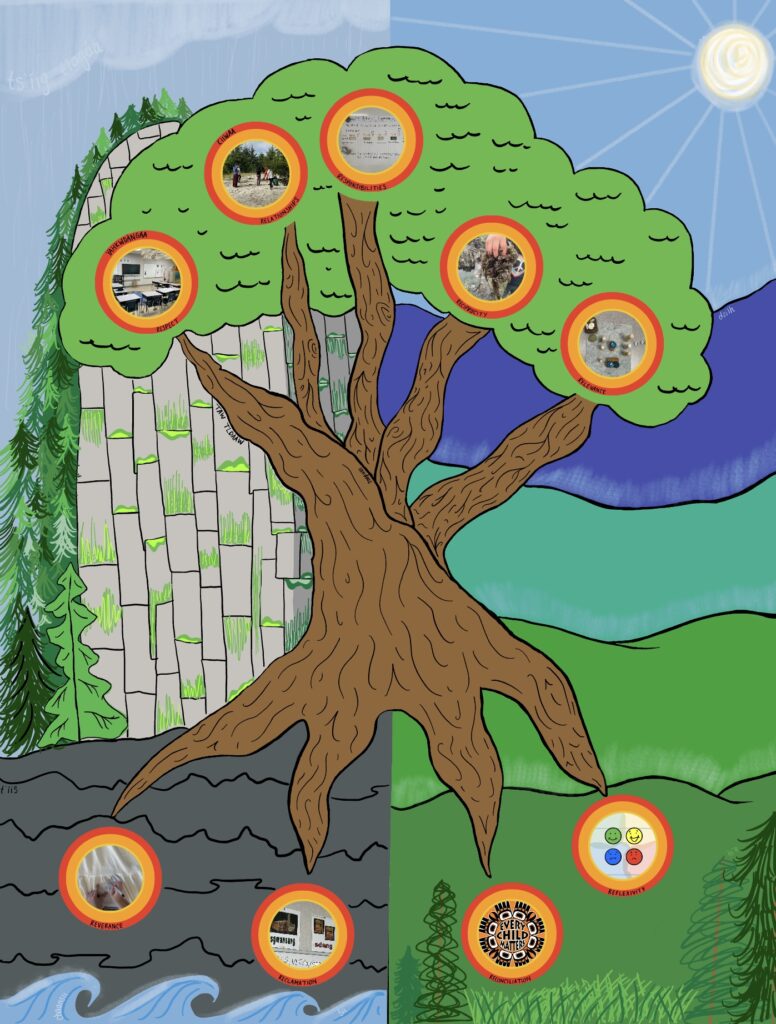Digital Citizenship
Throughout this program we have discussed what it means to be an educated citizen and how that has changed overtime. Historically, the goal was to produce those who could contribute to the work force often involving jobs that required heavy labor. In executing this goal, education provided a one-size-fits-all approach to learning. The world that we are required to prepare learners for today is quite different. A notable shift is the rise of technology use in modern society.
A common theme throughout this Digital Literacy page is that what we are sharing on the internet can be interpreted as an extension of ourselves whether this is intentional or not. Technology is more accessible now more than ever and can be extremely influential for everyone, but especially for the young people that we are learning with.
Whenever I think about digital citizenship or cell phone use my mind tends to go straight to cell phone use for learners at a high school level, but I am learning more and more throughout my practica is that elementary are equally as exposed to the online world and often times are not aware of the gravity associated with online access.
Something that I have noticed with the classes I have been in, is how central the use of technology is for learners which can cause some unhealthy habits such as not getting enough sleep at night due to playing games or screen exposure. I want to ensure that students needs are being met in the classroom first and foremost while also giving students the tools needed to build healthy habits in finding balance between technology use and healthy living.
Since technology and specifically social media have become a frequent part of our daily lives, I think most of us can name a time they have seen someone or they themselves have been dysregulated online, whether this is leaving a negative comment or posting something with negative intent. Teaching self-regulation strategies and prioritizing social emotional learning is a way in which we can establish these skills to prevent social media becoming a space where negative feelings are expressed.
As previously discussed, what we choose to put out on social media and in online spaces act as representations of ourselves. What applies to personal responsibility and citizenship also applies to digital citizenship. It is important to treat people with respect and ensuring we are being kind at all times. It is also important to let learners know that it is okay for feelings to arise, but give them tools to process those feelings in a healthy way without a digital trace.






